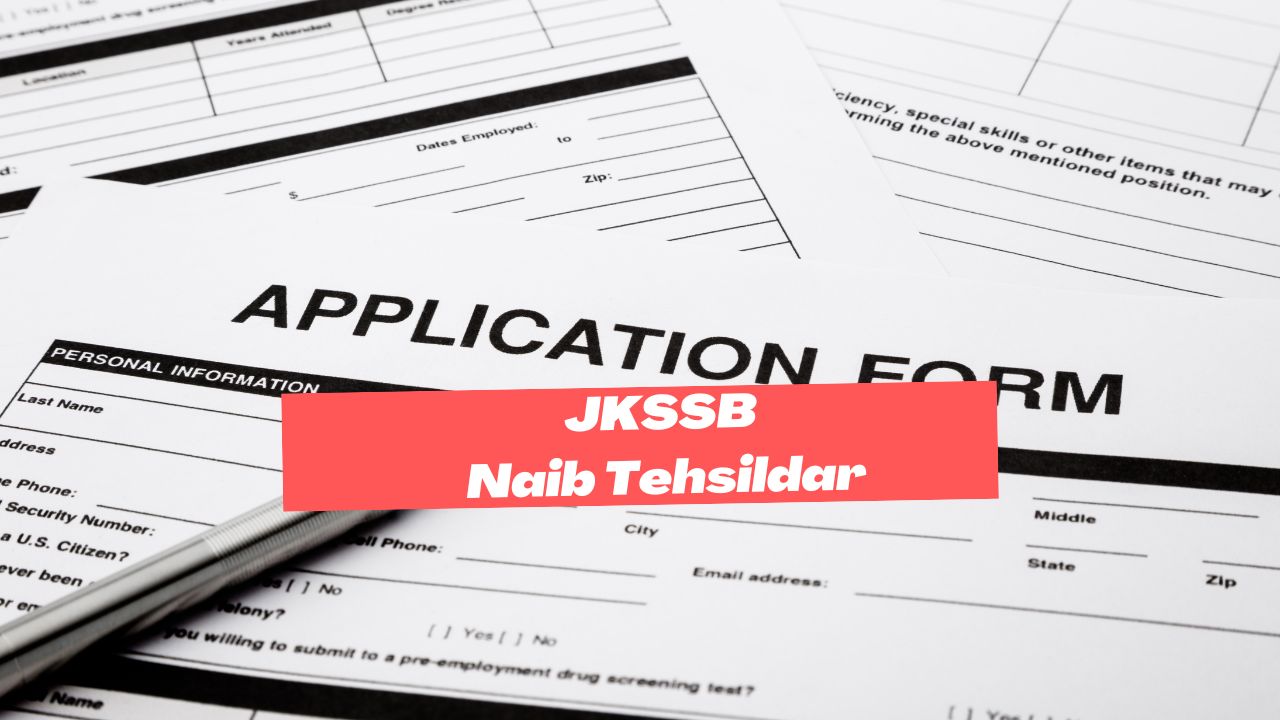In a landmark development, the Central Administrative Tribunal (CAT) has temporarily stayed a provision in the Jammu and Kashmir Revenue (Subordinate) Service Recruitment Rules of 2009, which required candidates to possess a graduation degree with knowledge of Urdu as a mandatory qualification for the post of Naib Tehsildar.
Tribunal Questions Discriminatory Language Criteria
The ruling came from a CAT Bench consisting of Rajinder Dogra and Ram Mohan Johri, who were presiding over a petition filed by Rajesh Singh and others. The petition challenged the exclusive language requirement, arguing it was discriminatory in light of the Jammu and Kashmir Official Languages Act, 2020, which recognizes five official languages—Hindi, English, Urdu, Dogri, and Kashmiri.
After hearing Senior Advocate Abhinav Sharma, assisted by Advocate Abhirash Sharma, and counterarguments presented by Additional Advocate Generals Rajesh Thappa, Sudesh Magotra, and Deputy Advocate General Hunar Gupta representing the Union Territory, the tribunal found merit in the petitioners’ argument.
Graduation with Urdu No Longer a Sole Requirement
The CAT observed that mandating Urdu as the only qualifying language for the Naib Tehsildar post appeared to violate the principles of fairness and equality. The Tribunal stated that the provision was prima facie discriminatory, especially when compared to the inclusive language policy outlined in the 2020 Languages Act.
The court ordered an immediate stay on this requirement. The Jammu and Kashmir Services Selection Board (JKSSB) has now been directed to accept applications from candidates who have a graduation degree and knowledge of any of the five official languages, not just Urdu.
Read also: JKSSB Naib Tehsildar Recruitment 2025 Sparks Controversy Over Urdu Language Mandate and Reservation Policy
A Step Towards Inclusive Governance
This decision is being hailed as a progressive step toward a more inclusive and representative administration. By broadening the language eligibility, the ruling opens up the Naib Tehsildar post to a wider and more diverse pool of candidates across Jammu and Kashmir.
The inclusion of Hindi, English, Dogri, and Kashmiri ensures that linguistic diversity is respected and upheld, in alignment with the constitutional values of equality and non-discrimination.
Next Steps in Legal Proceedings
Along with the interim relief, the Tribunal also issued notices to the respondents, asking them to submit a detailed reply within four weeks. The case is scheduled to be heard again on August 13, 2025.
Until then, the recruitment process for Naib Tehsildars must remain compliant with the broader linguistic qualifications as permitted under the 2020 Act.
Impact on Future Recruitment in J&K
This ruling sets a precedent that may affect not only the Revenue Department’s recruitment rules but also other government services in the region that enforce outdated or exclusive criteria. It signals the importance of updating recruitment norms to reflect the current legal and social landscape.
The CAT’s intervention in the Urdu-only qualification rule marks a pivotal moment for linguistic rights in Jammu and Kashmir. By recognizing the diverse linguistic fabric of the region, the Tribunal has taken a firm stand in favor of fair opportunity and constitutional compliance.
As the matter returns to court in August, all eyes will be on the final judgment. But for now, aspiring candidates who were previously excluded due to the Urdu-only requirement can breathe a sigh of relief and apply based on their knowledge of any recognized official language.

















